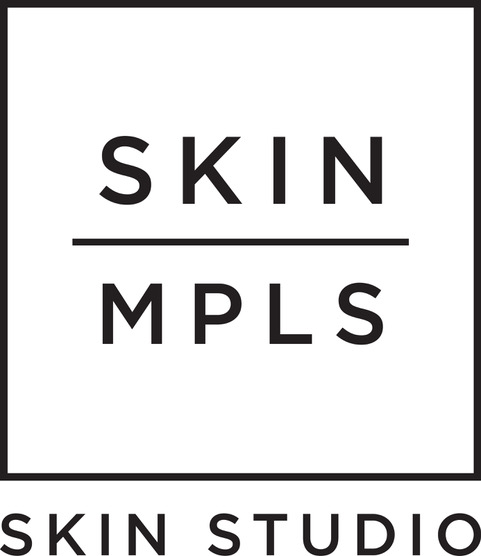The Ickiest of Icky Skincare Ingredients
Whether you are acne-prone or not, these highly pore-clogging ingredients are just plain cheap and icky – there is no reason they should be in your skincare. They are outdated ingredients and just cheap ways to stretch product formulas – the stuff of aestheticians’ nightmares (at least us at Skin MPLS)!
Isopropyl Myristate and Myristyl Myristate
In the late 1960s, Dr. Fulton (of Vivant Skincare) started to realize and research the link that makeup, skincare, and hair products could cause acne. This gave birth to the term “acne cosmetica / cosmetic acne.” He then started to test cosmetic ingredients to identify them on a scale from zero to five of their likelihood to cause comedones (pimples).
Isopropyl myristate and myristyl myristate are really the OG’s of pore-cloggers. The fatty waxes can clog people’s pores that may not even be prone to acne. You won’t find them in any of our products, because even non-acne-prone aestheticians like Cassie and Haley won’t let them anywhere near their faces.
Common Product Offenders Include: Prescription Tretinoin Cream, Kiehl's Ultra Face Cream, CeraVe Hydrating Makeup Wipes, BeautyCounter Dew Skin Tinted Moisturizers
Sodium Lauryl Sulfate
Sodium Lauryl Sulfate is a known skin irritant which is why it tops our list of ickiest ingredients. There has been quite a bit of controversy over this ingredient and its potential to irritate the lungs. We only work with companies that we feel make safe and effective products and since we are not scientists – we don’t really know how safe or not safe certain trendy hot topic chemicals are.
We do know none of our products contain SLS. We don’t mind sulfates – in fact, we love them for a good cleanser, but this specific one is a five out of five when it comes to its likelihood to clog the pores. In the skin world, it’s considered pretty old school and has been removed from many products (as well as similar, but less pore-clogging, Sodium Laureth Sulfate). It can still be commonly found in popular cleansers and detergents. It’s aggravating enough for pimple-prone people that it should be avoided in shampoos and laundry detergents as well.
Common Product Offenders Include: St. Ive’s Apricot Scrub, Tide Original, Obagi Acne Cleanser
Coconut Oil
Every few years a new beauty trend comes around and just refuses to die. Meet coconut oil. It became the secret cure to fight everything from acne to wrinkles several years back. Hair and health trends weren’t spared either. Oil pulling, hair masks, fighting diseases – what can’t the coconut do? Just make sure you add clogging pores to the coconut’s impressive resume – because fatty coconut oil is a MAJOR culprit in creating acne.
After over ten years in the industry and hundreds of clients swearing by coconut oil to do everything from cleanse to moisturize, Cassie notices it tends to dehydrate the skin – the opposite of what clients are looking for it to do. That may be because it is so heavy and greasy that it suffocates the skin, keeping it from getting essential oxygen and nutrients. Or maybe it’s just the fact that it’s food and not skincare. Either way, do yourself a favor and keep the coconut oil in the pantry. And as far as cosmetics that claim to have special powers thanks to coconut oil… We promise you will be underwhelmed.
Common Product Offenders Include: BeautyCounter Counterstart Coco Cleanser and Moisturizer, Eminence Coconut Age Corrective Moisturizer, Elemis Pro-Collagen Cleansing Balm
